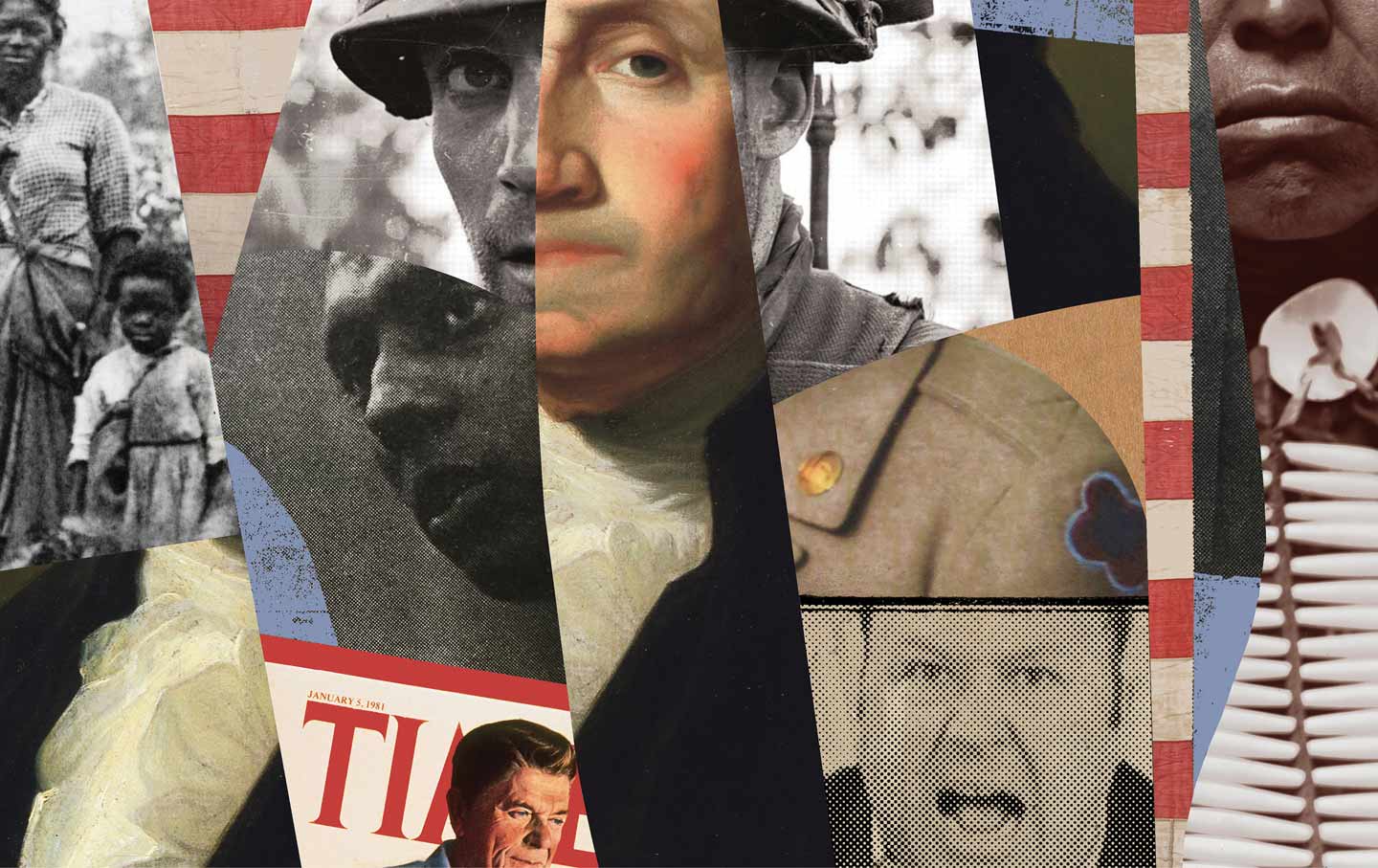
But it did require subjecting the past to skepticism, to look to beginnings not to justify ends, but to question them-with evidence. It didn’t require abdicating faith in the truths of revealed religion and it relieved no one of the obligation to judge right from wrong. The turn from reverence to inquiry, from mystery to history, was crucial to the founding of the United States. (xi)Īt the same time, Lepore argues that what we think of as our nation’s founding is rooted in a “new understanding of the past”: not the biblical one, “pregnant with mysteries… taken on faith,” but one in which the past is knowable. The course of history is unpredictable, as irregular as the weather, as errant as affection, nations rising and falling by whim and chance, battered by violence, corrupted by greed, seized by tyrants, raided by rogues, addled by demagogues. It all begins with a statement of historical contingency:

She came right to mind because I’ve been reading Lepore’s ambitious, single-volume history of America, These Truths, which is itself a kind of meditation on the importance of historical methods and historical thinking.


(“All historians are coroners,” she began a 2019 piece on inheriting a laptop from a dead friend. Wanting to point students to some of my favorite writing historians, I started with Jill Lepore, the Harvard professor who also writes regular essays for The New Yorker. This week in Intro to History, we’re talking about history as a form of literature.


 0 kommentar(er)
0 kommentar(er)
